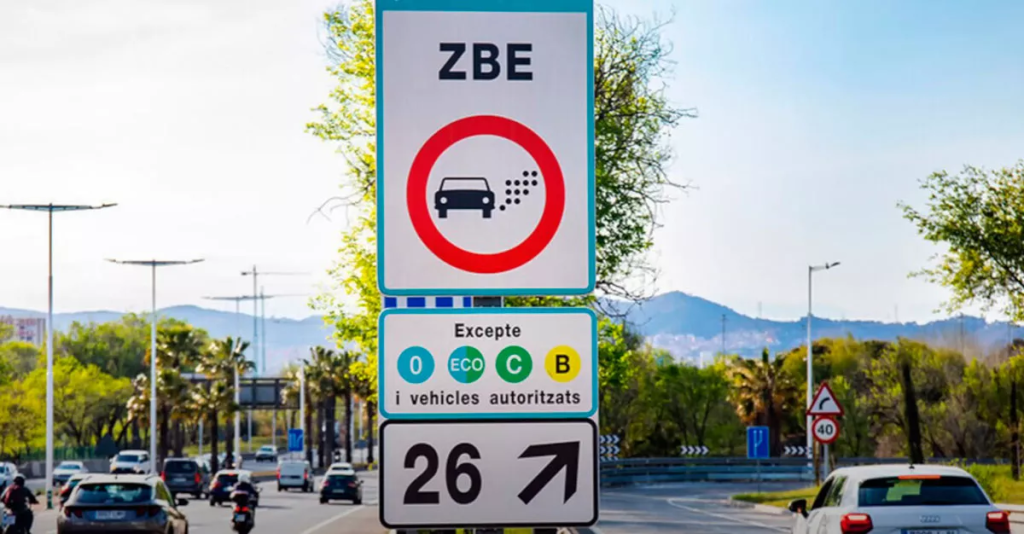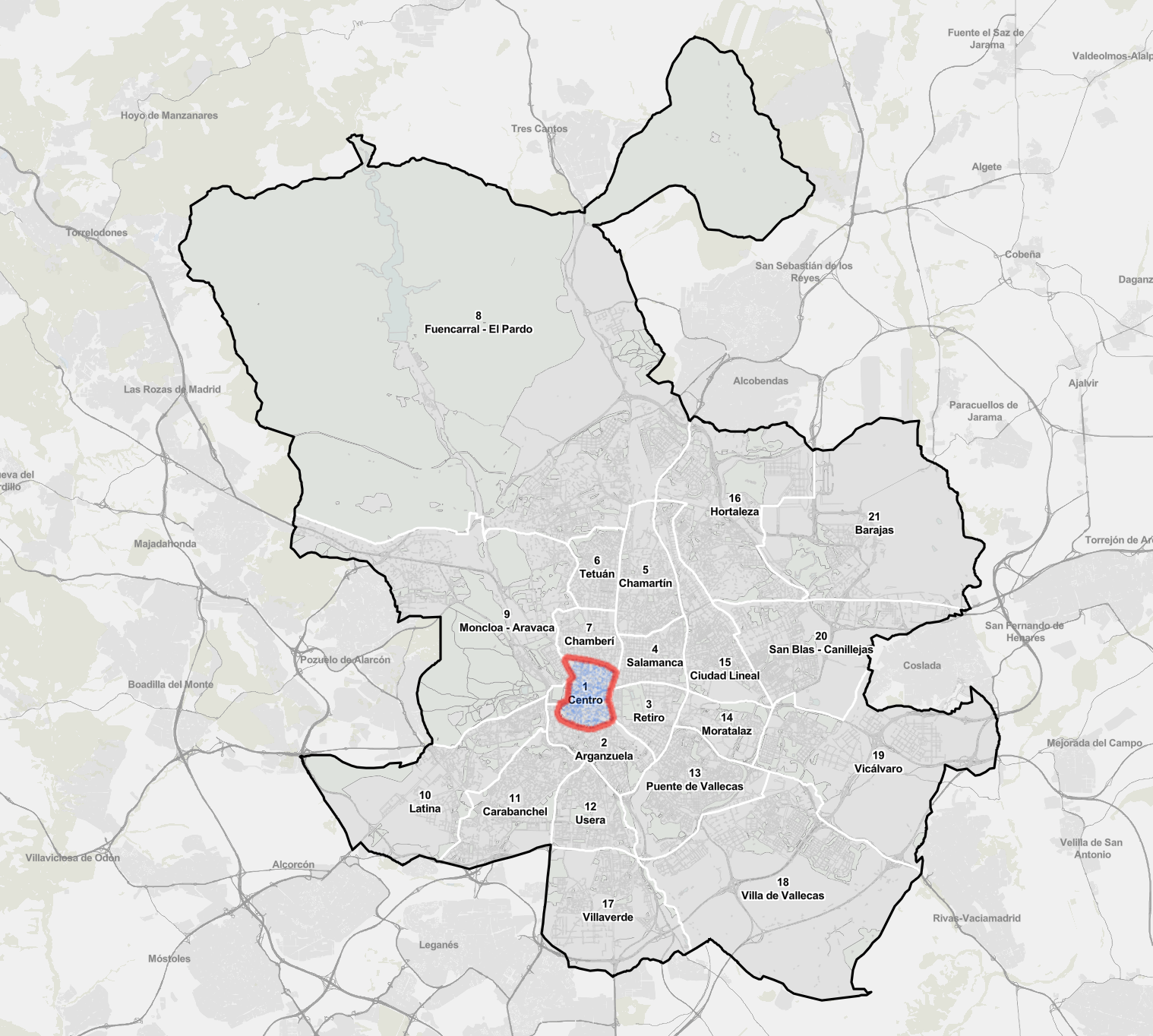
Low Emission Zones in Spain: Challenges, Progress and State Support

The implementation of Low Emission Zones (LEZs) in Spain has sparked an in-depth debate on the future of sustainable urban mobility.
During a recent conference organized in Madrid by the Spanish Federation of Municipalities and Provinces (FEMP) and the Association of Urban and Metropolitan Public Transport (ATUC), stakeholders highlighted both the challenges and opportunities this transformation entails for local governments.
Boosting active mobility and public transport
Luis Martínez-Sicluna, Secretary General of FEMP, stressed that LEZs must be accompanied by comprehensive improvements in public transportation and a greater focus on infrastructure for active mobility.
These shifts aim not only to reduce air and noise pollution, but also to reshape cities to make them healthier and more resilient to climate change.
FEMP called for strategic planning to ensure the transition is both efficient and equitable, emphasizing the importance of active coordination with the Ministry of Transport and Sustainable Mobility to guarantee technical and financial support for municipalities.
Local governments face technical and financial hurdles
Ignacio Gragera, Mayor of Badajoz and President of FEMP‘s Transport Commission, acknowledged the challenges faced by municipalities in implementing LEZs.
He called for greater flexibility to tailor national policies to local needs, noting that although the goal is more sustainable mobility, the path must be adapted to each city’s unique capabilities.
Echoing this concern, ATUC President Miguel Ruiz requested a moratorium to prevent cities from losing access to public subsidies due to delays.
He pointed out the lack of a national funding framework for urban public transport, a sector he described as a vital ally in the transformation of Spanish cities.

European funding and long-term vision
Alejandro Martos, Coordinator of the Recovery, Transformation and Resilience Plan (PRTR) at the Ministry of Transport and Sustainable Mobility, reported that €1.5 billion has been allocated through two funding calls to support LEZ development.
More than 1,000 projects across 290 municipalities have received aid to date, reaffirming the government’s commitment to this urban shift.
While municipalities have called for extensions, Martos noted that the European Commission does not foresee any legal margin for such delays. Nevertheless, the Ministry will review individual requests based on local context.
Local experiences and civic awareness
During a panel discussion, representatives from the municipalities of Bilbao, Málaga and Sóller (Balearic Islands) shared their experiences adapting to LEZ requirements and planning sustainable urban mobility systems.
To close the event, Jesús Herrero, ATUC’s Secretary General, emphasized the essential role of public transport, which carries 4.5 billion trips per year in Spain.
He called for greater awareness among both public officials and citizens of its fundamental importance to achieving healthier and more efficient cities.





